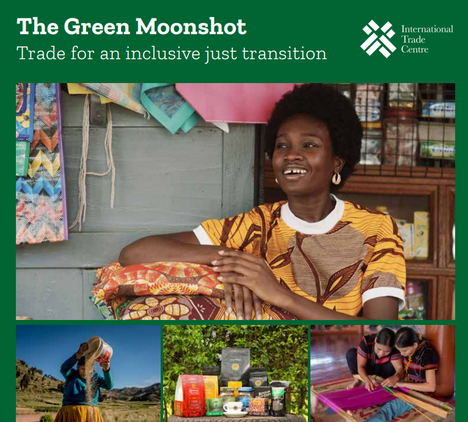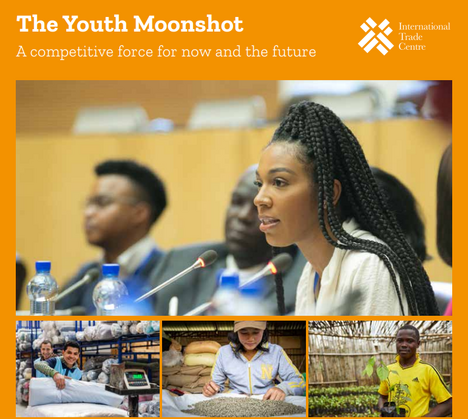
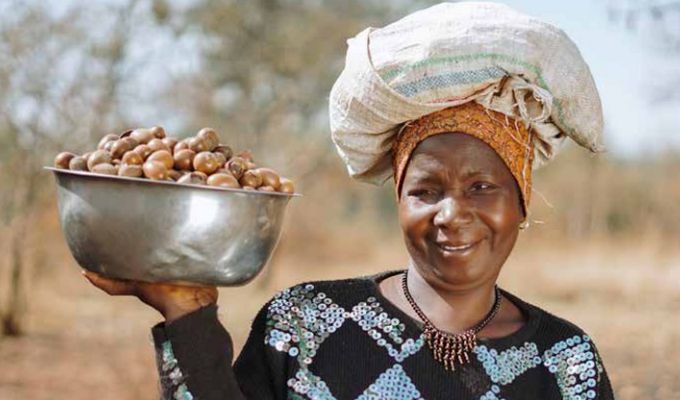
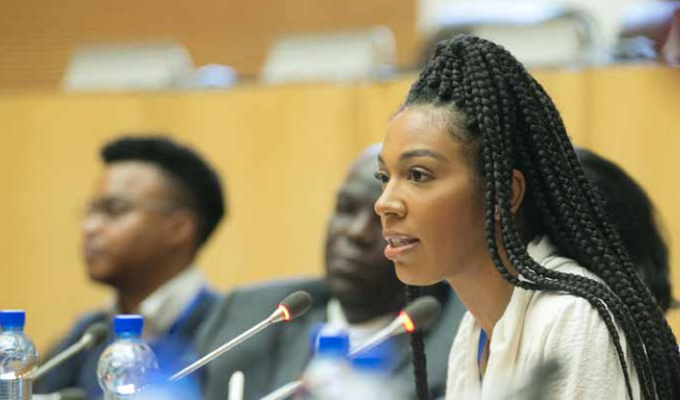
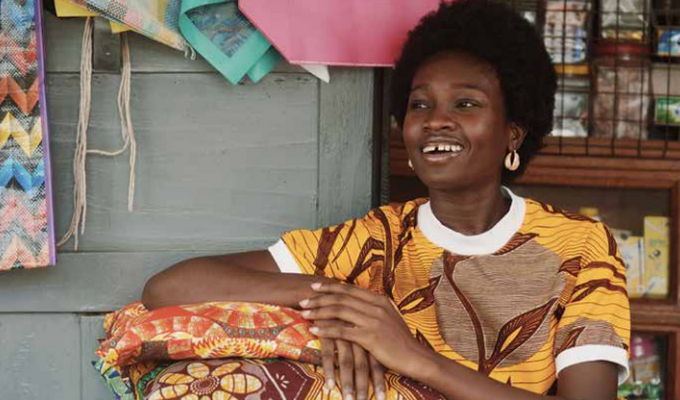
Moonshots
At ITC, moonshots represent our bold solutions to confront the challenges experienced by small businesses in developing countries, to participate in global trade. They are our raised ambition for gender, youth, digital connectivity and green trade, aligned to our updated strategic plan, and grounded in our core expertise of delivering trade related technical assistance.
Digital connectivity is increasingly recognized as a driver of any economy. Small businesses need Internet access to be resilient, agile, and competitive in global markets. Participating in digital trade brings tangible social and economic benefits including new trade revenues, new jobs, and new investments. But for many small businesses in developing countries, getting online is expensive and requires new skills to capitalize on opportunities.
Our goal is to expand the scale and reach of our digital initiatives to connect 20,000 small businesses by 2025.
Closing the global gender gap will take 135 years — a gap widened by multiple crises, reversing progress on poverty reduction. Women and girls in developing countries pay the highest price, as they’re more likely to shoulder unpaid domestic work and face barriers in accessing financing, market information, digital tools and professional networks.
It’s time for a strategic rethinking of the way we tackle gender inequality in trade at every level, from policy reform to institutional strengthening to targeted capacity building for small businesses.
The triple planetary crises of climate change, biodiversity loss and pollution are reshaping global trade. Women, youth, vulnerable populations and people leading small businesses in developing countries are the silent majority that are disproportionately impacted by climate change.
We need urgent action to keep global warming below 1.5°C, while equipping developing countries with the finance, technologies and skills for the low-carbon transition. What’s more, small businesses play a central role in countries’ socio-economic development. Supporting them is central to ensuring an inclusive just transition.
Young women and men represent an important talent pool. The growth and development of countries are impeded if the youth potential is not harnessed. Moreover, it can negatively affect the social fabric, as well as fuel tensions, unrest and irregular migration.
Empowering youth in achieving economic independence through development and trade – and related upskilling – contributes directly to the 2030 Agenda for Sustainable Development, reduces poverty and increases household incomes.






